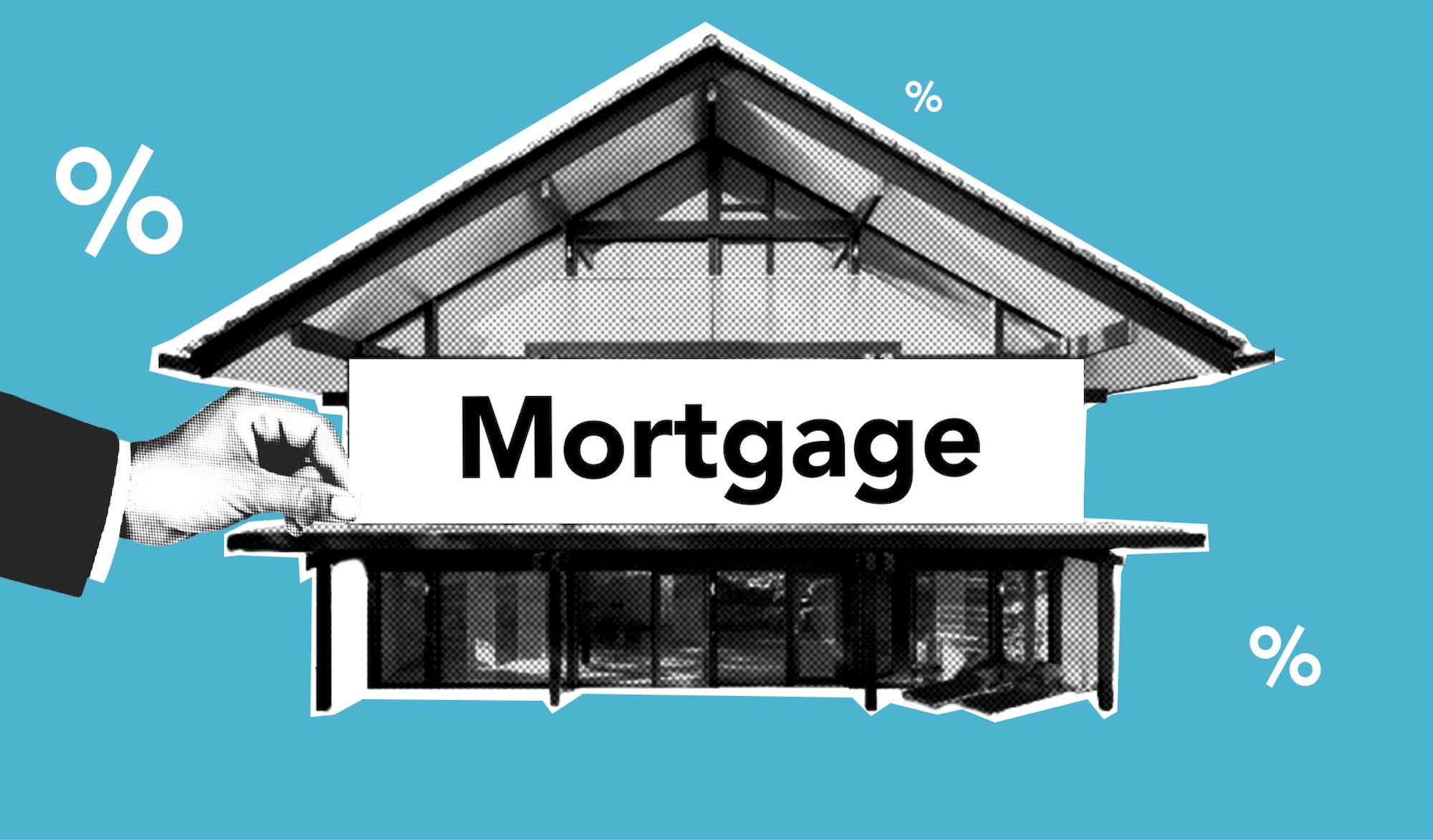The UK economy shrank by -0.3% in October, following a growth of 0.2% in September, with the effect of UK interest rates squeezing consumers, the Office for National Statistics (ONS) has revealed.
Economists predicted that the economy would drop in October by -0.1%, but contraction in the services (-0.2), manufacturing (-1.1%) and construction (-0.5%) have led GDP to shrink further than expected.
The ONS stated that the drop in output from the services sector was driven by the information and communications sub-sector, which fell by -1.7% in October, following a growth of 0.4% in September.
The ONS also found that household spending has been hit as the Bank of England (BoE) attempts to tackle inflation, with the next base rate decision expected tomorrow (Thursday).
Furthermore, the retail sector, which includes tourism and pubs took a hit in October, shrinking by 0.3%, as a result of the weather and storms which hit the UK during the month. However, this drop is not as much as in September, where the sector contracted by -1.1%.
Personal finance analyst at Bestinvest, Alice Haine, said: "A contracting economy indicates that high borrowing costs are denting activity and the hangover from the cost-of-living crisis is still hitting household spending.
"The dismal data may reignite fears that the UK economy is heading into a recession - defined by two successive quarters of contraction – as higher interest rates continue to weigh on demand. The BoE expects the economy to remain on the brink of recession in 2024, with four quarters of flatlining growth as the central bank keeps interest rates high for an extended period to tackle stubborn inflationary pressures.
"The Monetary Policy Committee is widely expected to hold interest rates at 5.25% when it meets on Thursday, raising hopes that the base rate really has peaked. While the prospect of no further rate hikes will offer relief for homeowners and those with excessive debts, the risk that the BoE’s restrictive monetary policy drives the economy into a recession won’t be as comforting."
Looking at the quarter to the end of October, the ONS said that GDP has shown no growth in three months, compared to the three months to July 2023.
Although the services sector took a hit in October, it is estimated to have grown by 0.1% in the three months to the end of October, with professional, scientific and technical activities and education growing by 1.2% and 1.1% respectively.
Head of money and markets at Hargreaves Lansdown, Susannah Streeter, added: "Although the mighty services sector was expected to stay on more of an even keel, it also shrank by 0.2% and construction too suffered a 0.5% contraction. Across the three months, output was flat, with the contraction cancelling out the better-than-expected performance in September.
"The UK is still mired deep in stagnation territory and a fast rebound looks unlikely, particularly given that interest rates are set to be kept on hold tomorrow, prolonging the pain for borrowers. However, it does increase the likelihood that the BoE might cut rates earlier than forecast, although it’s still not likely until the second half of next year, given that wage increases, although slowing, are still strong."
Latest News
-
Residential property transactions fall 24% month-on-month
-
Later life lending loans jump 5.1% in Q4 2025
-
Mortgage Awards 2026: Winners announced
-
FCA outlines proposals to close gaps in borrowers’ credit files
-
St. James’s Place closes 2025 with record FuM
-
Average LTV on UK mortgaged home drops to 59% – IMLA
Mortgage Advice Bureau and AI in the mortgage sector
Chief executive officer at Mortgage Advice Bureau, Peter Brodnicki, and founder and managing director at Heron Financial, Matt Coulson, joined content editor Dan McGrath to discuss how Mortgage Advice Bureau is using artificial intelligence to make advancements in the mortgage industry, the limitations of this technology and what 2026 will hold for the market
Perenna and the long-term fixed mortgage market

Content editor, Dan McGrath, spoke to head of product, proposition and distribution at Perenna, John Davison, to explore the long-term fixed mortgage market, the role that Perenna plays in this sector and the impact of the recent Autumn Budget
NEW BUILD IN FOCUS - NEW EPISODE OF THE MORTGAGE INSIDER PODCAST, OUT NOW

Figures from the National House-Building Council saw Q1 2025 register a 36% increase in new homes built across the UK compared with the same period last year, representing a striking development for the first-time buyer market. But with the higher cost of building, ongoing planning challenges and new and changing regulations, how sustainable is this growth? And what does it mean for brokers?
Does the North-South divide still exist in the UK housing market?

What do the most expensive parts of the country reveal about shifting demand? And why is the Manchester housing market now outperforming many southern counterparts?
In this episode of the Barclays Mortgage Insider Podcast, host Phil Spencer is joined by Lucian Cook, Head of Research at Savills, and Ross Jones, founder of Home Financial and Evolve Commercial Finance, to explore how regional trends are redefining the UK housing, mortgage and buy-to-let markets.
In this episode of the Barclays Mortgage Insider Podcast, host Phil Spencer is joined by Lucian Cook, Head of Research at Savills, and Ross Jones, founder of Home Financial and Evolve Commercial Finance, to explore how regional trends are redefining the UK housing, mortgage and buy-to-let markets.
© 2019 Perspective Publishing Privacy & Cookies











Recent Stories